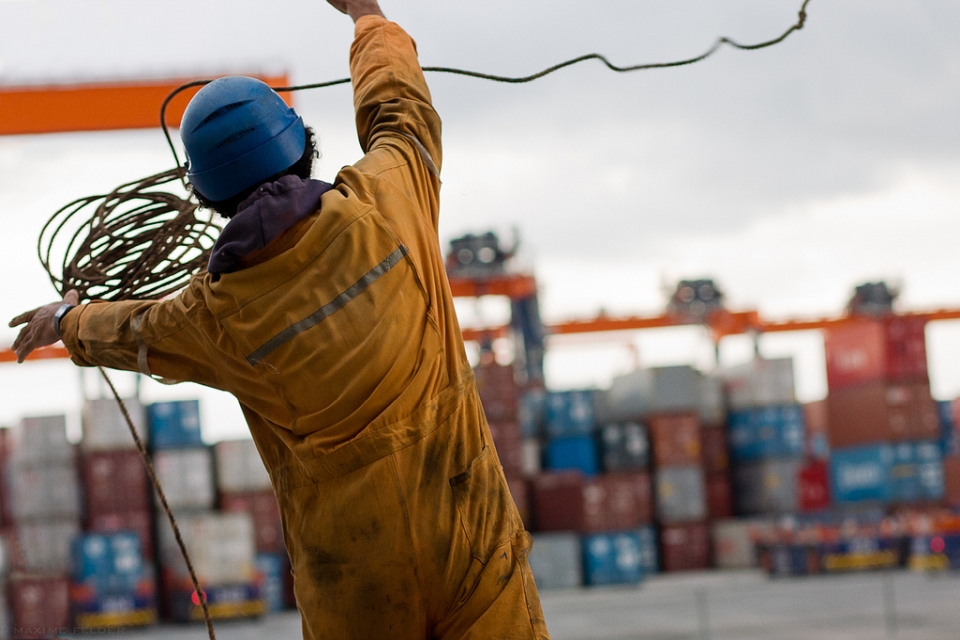On 31 March, the European Commission decided to continue to recognise the Philippines’ training and certification system. This recognition was subject of debate after a European Maritime Safety Agency (EMSA) audit revealed noncompliance with STCW regulations.
EMSA presented its findings, which in particular concern training and certification shortcomings with respect to the International Convention on Standards of Training, Certification and Watchkeeping for Seafarers (STCW), after an audit, but says it has been warning the Philippines about noncompliance since 2006.
In December 2021, following these findings, the Commission had informed the Philippines that recognition of their seafarer certificates would be withdrawn unless serious measures were taken.
Failure to recognise the certificates could cause major problems for shipping. As the United Nations Conference on Trade and Development (UNCTAD) states in its “Review of Maritime Transport 2021“, the Philippines is the world’s largest source of seafarers. As of 2019, there were 380,000 Filipino seafarers overseas. Over a quarter of all global merchant shipping crew members come from the Philippines.
Also read: Filipino seafarers could be banned from EU-flagged ships
Response deemed sufficient
The Philippines subsequently submitted a response to the EMSA audit, which the European Commission took under advisement when reconsidering whether to still recognise Filipino seafarers’ certificates.
In addition, global leaders from organisations representing seafarers, shipowners and other maritime employers signed a memorandum of understanding with the Philippines’s Department of Migrant Workers on Wednesday 11 January, to form the International Advisory Committee on Global Maritime Affairs (IACGMA). Together, they are committed to work with the industry, seafarers’ representatives and the Filipino authorities to build continuity and sustainability in the Filipino system.
Also read: New committee to address issues impacting Filipino seafarers
This has led the European Commission to conclude that the Philippines has made serious efforts to comply with the requirements, in particular in key areas like the monitoring, supervision and evaluation of training and assessment. As a result, the EU will continue to recognise these seafarers’ certifications.
In the coming months, the Commission intends to provide the Philippines with technical assistance to further improve its education, training and certification system for seafarers
ECSA and ICS welcome decision
Both the European Community Shipowners’ Associations (ECSA) and the International Chamber of Shipping (ICS) welcome this positive development, as Filipino seafarers play a central role in global shipping and in keeping trade moving.
‘European shipowners welcome the recognition of the training and the certification system of the Philippines. We congratulate the country for their commitment and their in-depth response to the shortcomings identified by the Commission,’ says ECSA Secretary General Sotiris Raptis. ‘This is a positive development as Filipino seafarers play a central role in European shipping and in keeping European trade moving. By engaging with the authorities of the Philippines together with our industry partners, ECSA strives to facilitate a productive dialogue between the country and the EU on matters of key importance such as seafarers’ qualifications, training, and certification.’
Guy Platten, ICS Secretary General adds: ‘As a major seafaring nation, Filipino seafarers are a vital and valued part of the seafarer workforce. This decision made by the European Commission is a testament to the Philippines’ hard work to make sure seafarer training complies with regulations. The International Chamber of Shipping (ICS) is delighted to be convening partners to ensure these standards are maintained globally.’
Picture by Maxime Felder, Wikimedia Commons.
Also read: ICS wants ‘Fund and Reward’ system to get to 2050 net zero








